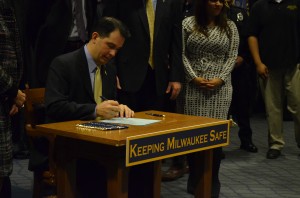
Gov. Scott Walker signed a bill into law giving the Department of Public Safety police powers at a ceremony Monday morning in the Alumni Memorial Union, but no decision whether to act on the new law has been made by the university.
“This legislation, once it becomes law, will open the door for Marquette University to have the ability that private colleges and universities have in 21 other states and the District of Columbia,” Walker said. “In the end, I believe that it will provide tremendous value to students and the faculty and the staff, but also the community.”
Walker spoke briefly before signing the bill, and thanked school administrators, Milwaukee police, Rep. Gwen Moore (D), and state legislators Sen. Alberta Darling (R) and Rep. Dale Kooyenga (R), among others. Darling and Kooyenga were the primary authors of the legislation.
Interim University President the Rev. Robert A. Wild stressed that this law only gives the university the option of establishing a police force, and no official decision to actually implement one has been reached. If the university decides to take that option, it will add roughly 50 commissioned police officers to the Avenues West area.
Senate Bill 610, which passed through the Wisconsin State Legislature in April, allows the university to enter into an agreement with the state and the city of Milwaukee to establish a police force run by the university and endowed with the powers of city police officers.
“I think the important thing we want to emphasize is that our mission is not going to change,” said Paul Mascari, interim associate director of DPS. “We’re still dedicated to the safety of the community and to the relationship we’ve built over the years.”
Mascari said the decision to form an internal police force will only happen if it benefits DPS operations.
“We’ll only do it if it makes us more efficient and more effective,” he said.
Vice President of Student Affairs L. Christopher Miller said a Marquette police force would add “great value.”
Miller said an exploratory committee this fall will look into forming a police department. That committee would have representatives from all of the university constituents.
If Marquette decides to form a full police force, it would likely be at a large cost to the university. However, Miller said that while Marquette would be eligible for a variety of federal grants and other means of subsidizing the cost, the actual cost to the university is not known.
“I don’t think that there would be any one initiative that would lend itself to tuition increases,” Miller added.
Brian Dorrington, senior director of university communication, did not offer any specific answer to the question of a tuition increase but noted the university “has gone to great lengths” to keep tuition “as low as possible.”
Miller, who chaired the university’s internal task force to review the idea of an internal police department, said granting police powers to DPS would unequivocally make campus and the surrounding community more secure.
“Without question it would enhance safety of all of our students,” Miller said.



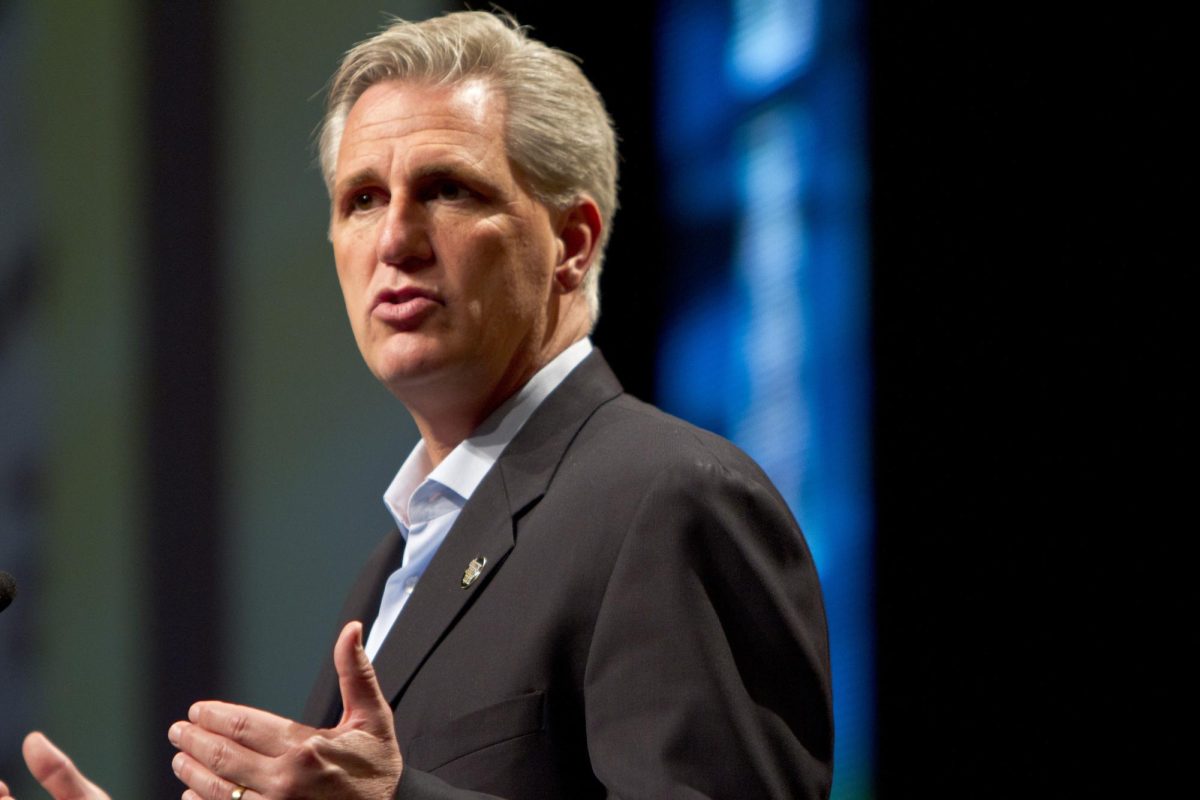



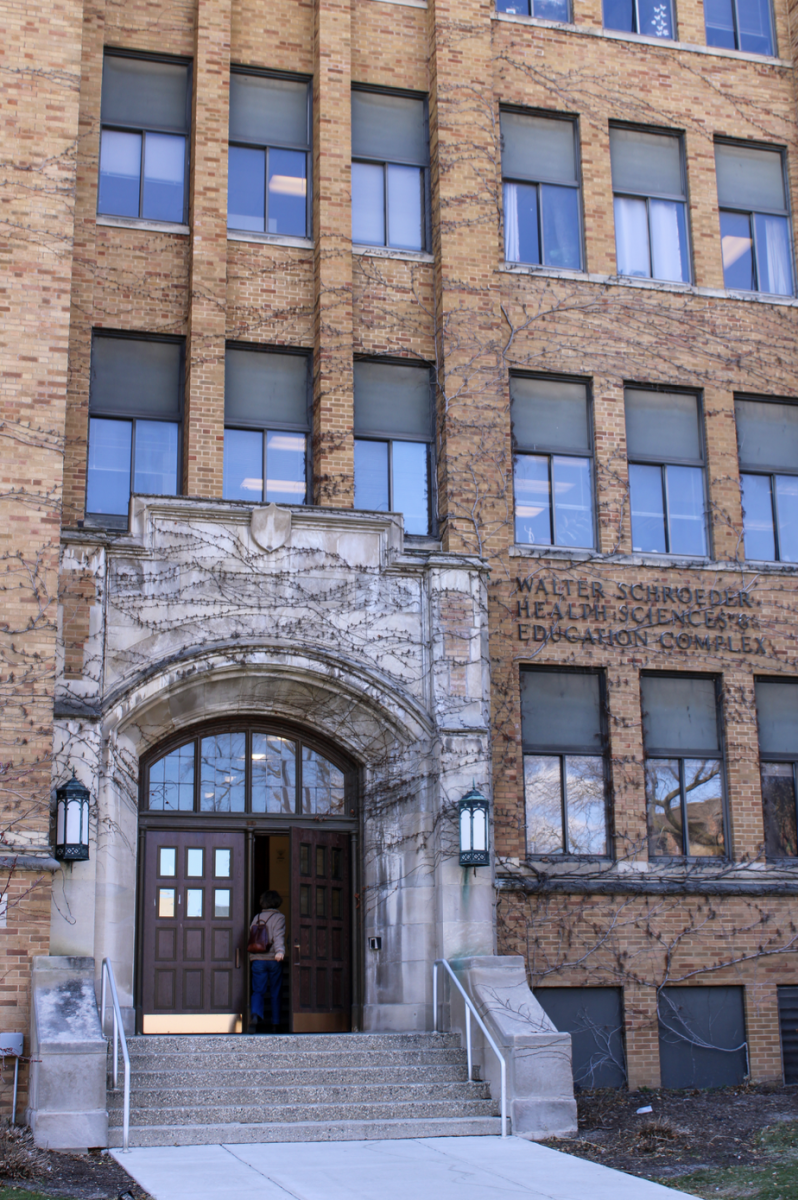
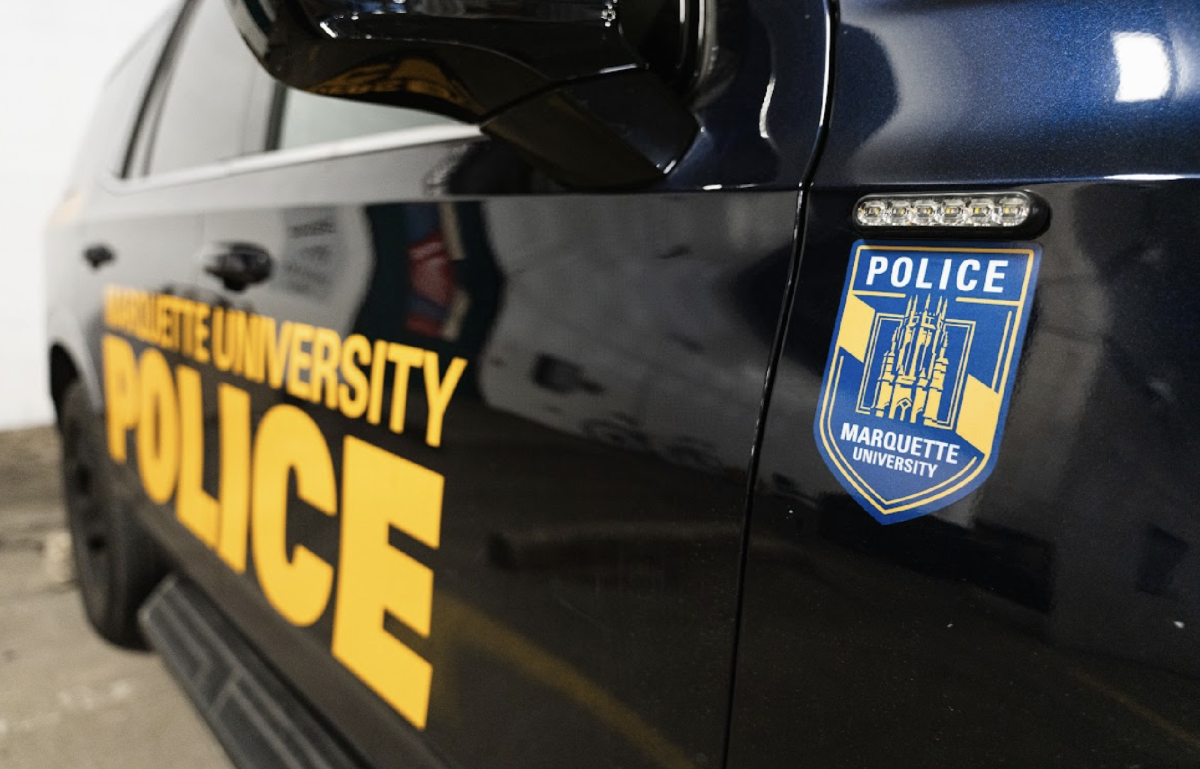
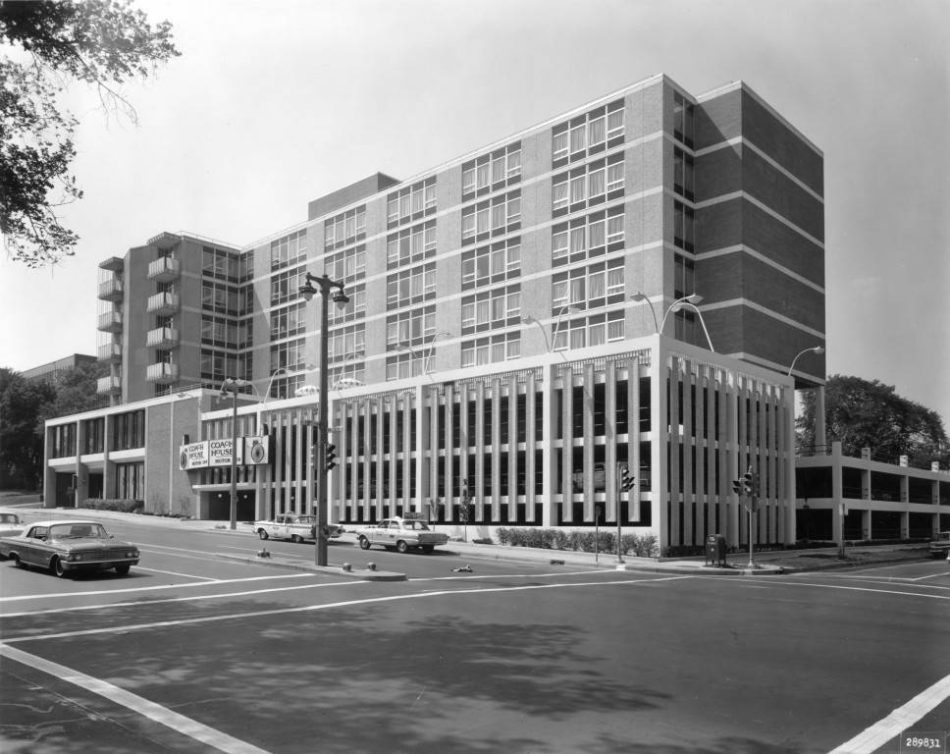
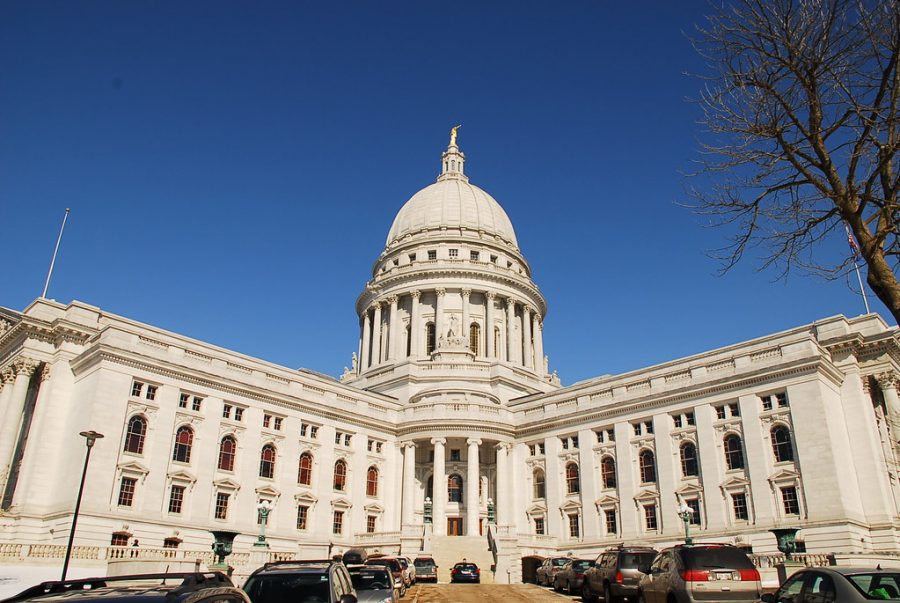



Pubic Safety • Apr 15, 2014 at 11:12 pm
Bring on the 1983 claims! What about that insurance plan? — has a limit of coverage not less than $2,000,000 for any occurrence. See text of statute…. Secondly, Mascari says, “We’ll only do it if it makes us more efficient and more effective.” What does that even mean? Based off DPS’ mess ups with reporting in the past, I bet he thinks making a police force is like opening a can of liability worms.